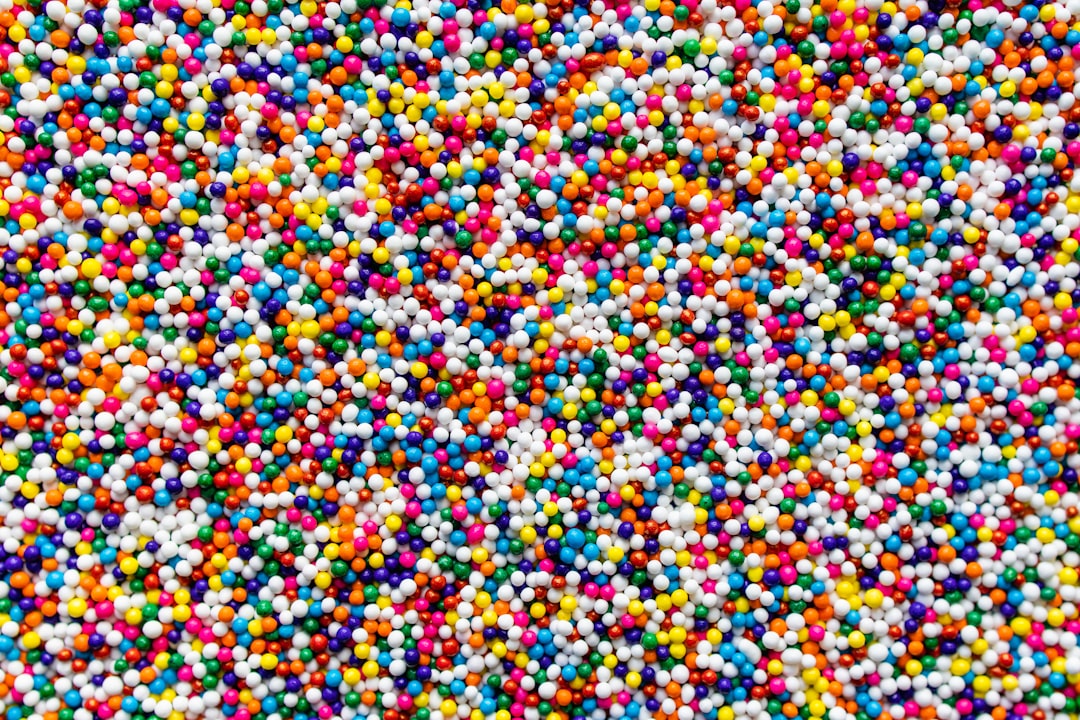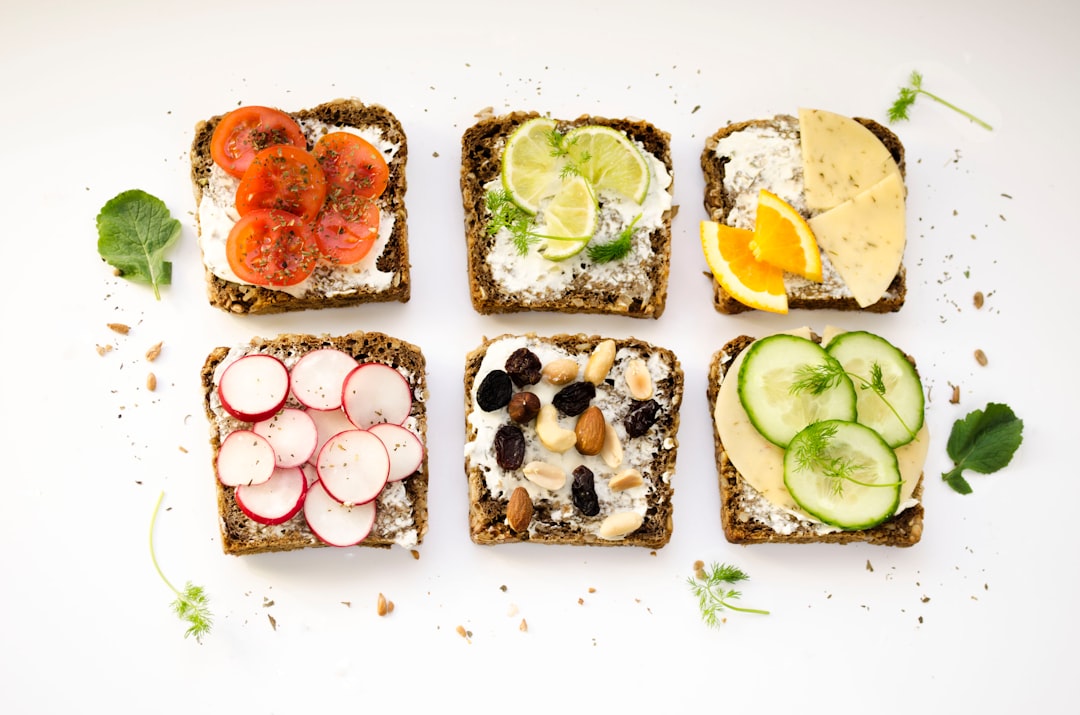Sugar Addiction and Mental Health
The content on this site is for informational or educational purposes only, and does not substitute professional medical advice or consultations with healthcare professionals.
Do you find yourself reaching for sugary snacks throughout the day? Do you feel like you can't function without your daily dose of sugar? You may be dealing with a sugar addiction. While many people recognize the physical effects of sugar addiction, such as weight gain and tooth decay, few realize the impact it can have on mental health.
The Link Between Sugar and Mental Health
Studies have shown that consuming excessive amounts of sugar can have a negative impact on mental health. One study found that individuals who consumed a diet high in sugar were more likely to experience symptoms of depression and anxiety. Another study found that high sugar consumption was associated with an increased risk of developing bipolar disorder.
So, how does sugar impact mental health? One theory is that sugar causes inflammation in the body, which can lead to inflammation in the brain. This inflammation can disrupt the normal functioning of neurotransmitters, which are responsible for regulating mood, and lead to symptoms of depression and anxiety.
Sugar Addiction and Addiction in General
Like other addictions, sugar addiction can be difficult to overcome. When we consume sugar, our brain releases dopamine, a neurotransmitter associated with pleasure and reward. This dopamine release reinforces the behavior, making it more likely that we will continue to reach for sugary snacks in the future.
Breaking free from a sugar addiction can be challenging, but it is possible. One approach is to gradually reduce your sugar intake over time, rather than trying to quit cold turkey. This can help minimize withdrawal symptoms and make the process more manageable.
Healthy Alternatives to Sugar*
If you're looking to reduce your sugar intake, there are plenty of healthy alternatives to choose from. Here are a few ideas:
- Swap out sugary drinks for water or herbal tea
- Choose fresh fruit instead of processed snacks
- Use natural sweeteners like honey, agave, or maple syrup in moderation
- Experiment with savory snacks like roasted nuts or veggies
Remember, it's important to be patient with yourself as you work to reduce your sugar intake. Making small changes over time can lead to big results.
*As with any diet changes, consult your doctor or qualified nutritionist.
Conclusion
Sugar addiction can have a significant impact on mental health, but there are steps you can take to reduce your intake and improve your overall well-being. By being mindful of your sugar consumption and making small changes over time, you can break free from the cycle of addiction and enjoy a healthier, happier life.


